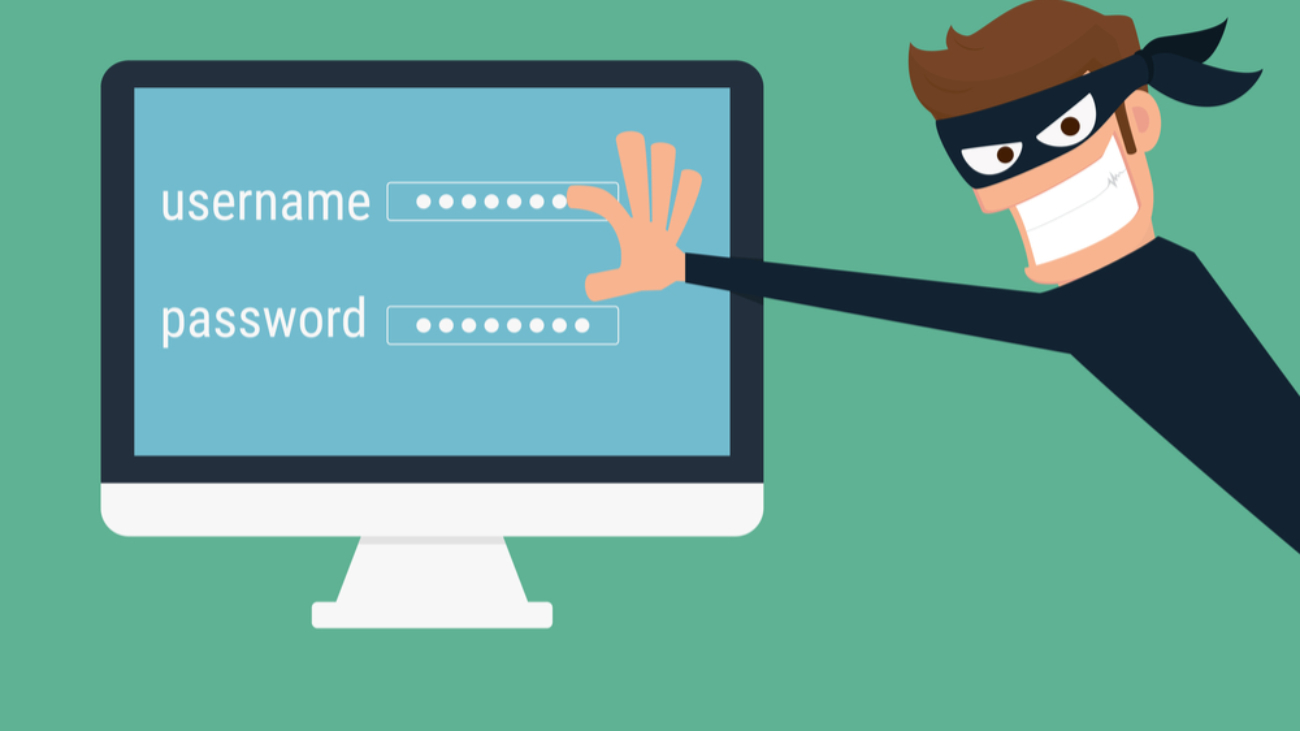 Over the past 3 years, the world has seen several cyber-attacks that have had increasingly devastating impacts. If anything, they should be a clear message to us of just how important staying safe and secure online is, as well as how damaging not following a close protocol can be to your business.
Over the past 3 years, the world has seen several cyber-attacks that have had increasingly devastating impacts. If anything, they should be a clear message to us of just how important staying safe and secure online is, as well as how damaging not following a close protocol can be to your business.
For a real estate agency, losing client data could be the end of what otherwise may have been a very successful business. Although there’s no way to 100% guarantee that you’ll be hacker-proof, there are several key steps you can take to make yourself and your company’s information a great deal more protected.
5 Steps For Reducing Your Risk Online
These 5 steps will help you to minimise the risk of your real estate agency being targeted by a cyberattack.
1) Update everything, all the time
One of the best lines of defence against cyberattacks is one of the simplest. By regularly updating your software and operating systems on your home and office computers, you’ll ensure that the latest security patches are reaching your equipment.
Hackers typically use malware to exploit weaknesses in computer networks, many of which are patched quickly after being discovered. Stay on top of your updates and you’ll be much, much safer.
2) Update your password policies
There are a couple of things you can do to boost your password security, including:
- Regularly changing them
- Not using the same password more than once, or across multiple accounts
- Using a password manager such as 1Password or LastPass
- Only using strong passwords that are unique and therefore difficult to guess
- Encrypting the password on your office Wi-Fi network
- Never sending login details via email
- Always using a passcode on your tablet and phone
- Don’t keep a list of passwords on your computer or networks server
Following those points with your passwords will quickly turn a hacker’s dream into a nightmare.
3) Enable two-step authentication to boost your security
If it’s available on an account, make sure that you enable two-step authentication. This will add an additional layer of protection to your account by requiring users to provide an extra piece of information when trying to login to an account.
These will often come in the form of a username, password, memorable word, or an SMS code texted to the number registered on the account.
4) Get protected and stay protected
Purchase, install, and continuously update your antivirus software. You can also upgrade your protection by installing a web application firewall, which both filters out irritating spam and prevents hacking attempts by setting up a fortified firewall.
5) Back up your data regularly
Ransomware – when hackers take data and release it back to you for a fee – only works if you need the data. By backing up the information on your servers on a regular basis, you’ll make sure that any ransomware hackers are wasting their time.
Back up your business data to a 3rd party cloud host daily to keep a constant, updated stream of your information on lockdown.
Common sense goes a long way with cyber security
Overall, common sense is cyber security’s best friend. If you see a suspicious website link or receive an email from a source you don’t know, don’t click it. Your IT team will thank you.

